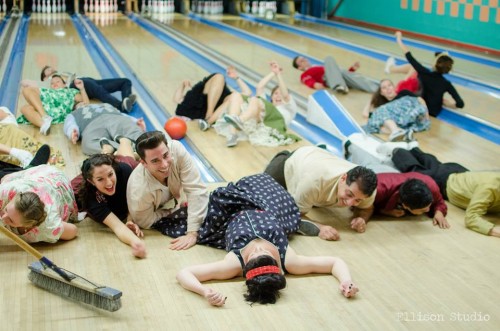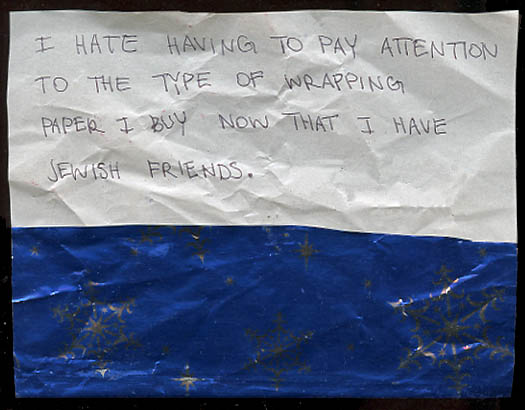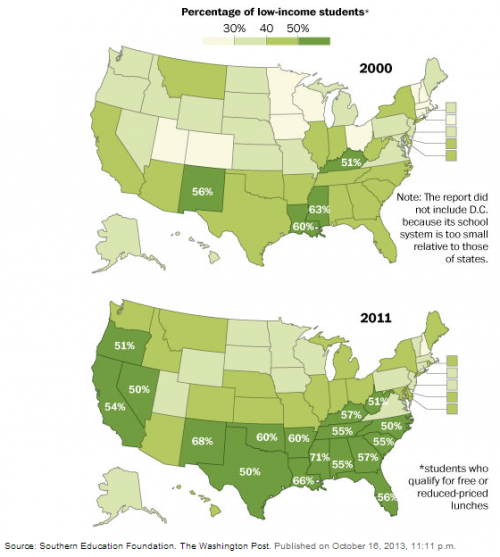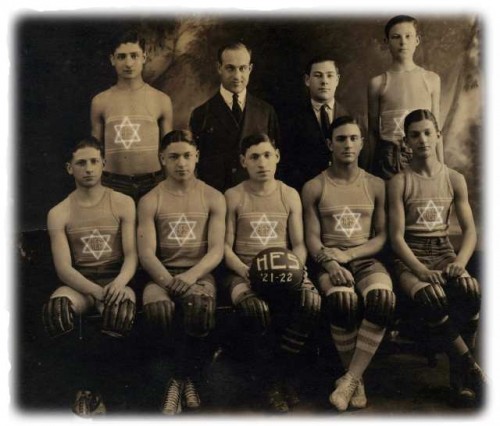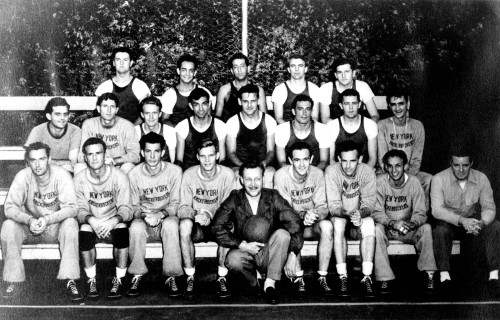New Tumblr Page!
Our Tumblr is now one month old! We think we’re getting the hang of it, including the daily SocImages posts, highlighting the best stuff from our archives, and adding compelling quotes and links. Please feel free to join us there! And thanks to our intern, Javier Quiroz, for doing the bulk of the work!
Five thousand posts!
We reached quite the milestone this month. This is our 5,016th! Thanks to Gwen Sharp, our contributors, and our many, many guest bloggers.
New Pinterest:
I put together a new Pinterest board featuring commercials and ads that co-opt the idea of women’s liberation for marketing purposes. Peruse examples at Marketing Feminism. Here’s a sample:
Your Favorite Posts this Month:
- Men and Women! They Talk Like People! (13,000+ likes)
- U.S. Corporations are Hoarding Wealth at Highest Rate Since 1971 (1,500+ likes)
- When Jews Dominated Professional Basketball (700+ likes)
- Doing Gender with Wallets and Purses (500+ likes)
- The Re-Victimization of Homosexual Targets of the Nazi Regime (400+ likes)
- Hannukah and Social Privilege (almost 200 comments)
Plus, the most popular post on Tumblr this month:
Social Media ‘n’ Stuff:
Finally, this is your monthly reminder that SocImages is on Twitter, Facebook, Tumblr, Google+, and Pinterest. I’m on Facebook and most of the team is on Twitter: @lisawade, @gwensharpnv, @familyunequal, and @jaylivingston.
Finally…
Shout out to my dance team, choreographers Steve and Chanzie, photographer Kyle Ellison, and director Pascal de Maria. We danced the lindy hop to Whole Lotta Shakin’ Going On all up and down that bowling alley! Can’t wait to see the video!
Lisa Wade, PhD is an Associate Professor at Tulane University. She is the author of American Hookup, a book about college sexual culture; a textbook about gender; and a forthcoming introductory text: Terrible Magnificent Sociology. You can follow her on Twitter and Instagram.



